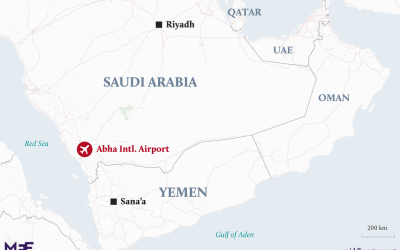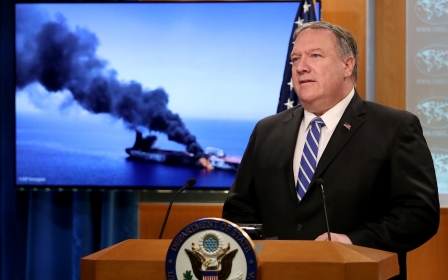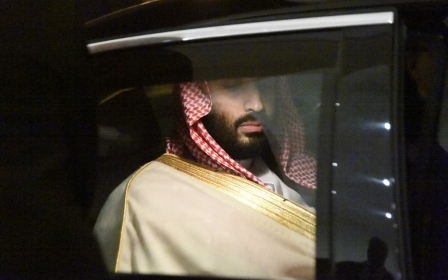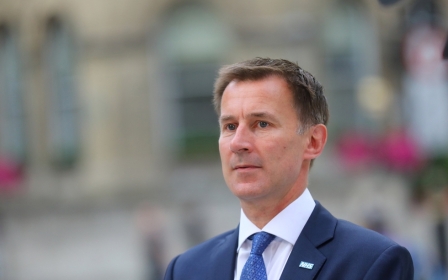US issues security alert on Saudi travel after recent car bombings in Jeddah
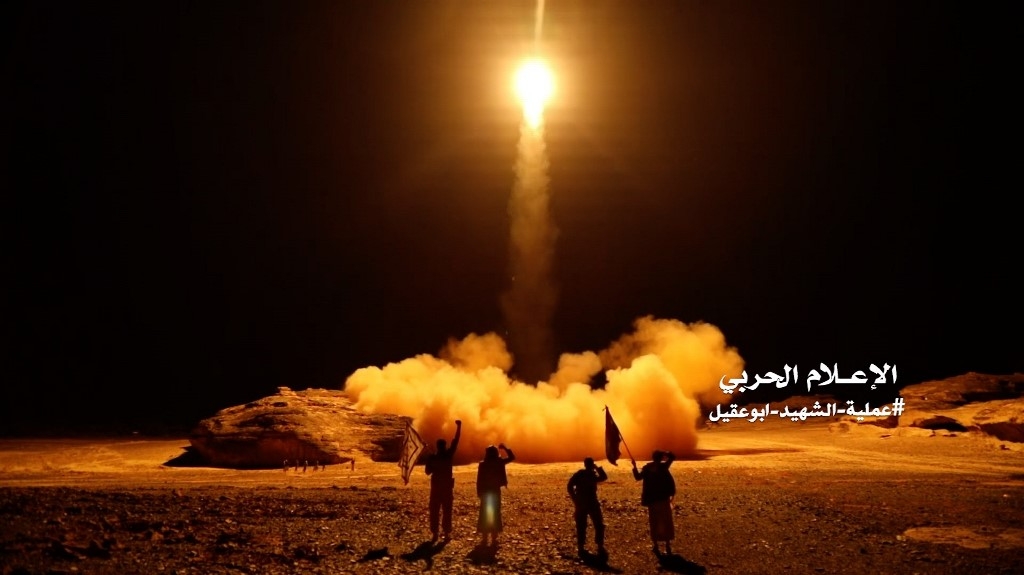
The US government issued a security alert from its consulate in Jeddah, Saudi Arabia, concerning recent car bombings amid heightened tensions across the entire Gulf region.
The alert said that the consulate was “aware of two car bombings in Jeddah” on 7 June that caused several injuries but no deaths. The bombings were not reported at the time in domestic, Arab or international media.
The tersely worded alert added that the consulate was not aware of any US citizens hurt in the bombings. It did not attribute them to any specific group or country.
Still, it said citizens should be aware of the most recent US travel advisory, which urges extreme caution in Saudi Arabia because of “terrorism and the threat of missile and drone attacks on civilian targets”. It also warns against travelling within 50 miles (80 km) of the Yemen border because of “terrorism and armed conflict”, including to the cities of Najran and Jizan.
On Saturday, Yemen's rebel Houthi movement said it launched fresh drone attacks targeting the Jizan and Abha airports in southern Saudi Arabia, adding that the installations were out of service.
Saudi-owned Al-Arabiya TV said that Saudi forces had intercepted a ballistic missile targeting the city of Abha, Reuters reported. Later, the official Saudi Press Agency added that Saudi forces had intercepted a Houthi drone targeting Abha. The unmanned drone was downed with no casualties or damage reported, according to a statement.
A Saudi-led coalition intervened in 2015 in Yemen's civil war to restore the government of President Abd Rabbu Mansour Hadi. The conflict has triggered what the UN terms the world's worst humanitarian crisis, with more than 24 million people in need of aid. Tens of thousands of people, mostly civilians, have been killed.
The coalition said earlier this week that it had intercepted five drones targeting Abha airport and Khamis Mushait in the same region. In response to these attacks, the US-backed coalition said it had destroyed Houthi military assets on the outskirts of the Houthi-held capital Sanaa.
Coalition leaders Saudi Arabia and the United Arab Emirates accuse Iran's Revolutionary Guards and Lebanon's Iran-backed Hezbollah of supporting the Houthis, a charge all three deny.
On Sunday, in an interview published in the pan-Arab daily newspaper Asharq al-Awsat, Saudi Crown Prince Mohammed bin Salman accused Iran of attacks last week on two oil tankers in a vital Gulf shipping channel, adding that he "won't hesitate" to tackle any threats to the kingdom.
The US also blamed Iran for the attacks, while citing little direct evidence.
Tehran has vehemently denied any involvement in the attacks, which have raised fears of a confrontation in the Strait of Hormuz at a time of increased tension between Iran and the US, since Washington's withdrawal last year from a pact to curb Tehran's nuclear plans and subsequent imposition of tough economic sanctions.
Iran has repeatedly warned that it could block the strategic strait in a relatively low-tech, high-impact countermeasure to any attack by the US.
Doing so would disrupt oil tankers travelling out of the Gulf region to the Indian Ocean and roil financial markets worldwide, a prospect that may have prompted US Secretary of State Mike Pompeo on Sunday to vow that the US will guarantee the passage of ships through the strait.
Middle East Eye delivers independent and unrivalled coverage and analysis of the Middle East, North Africa and beyond. To learn more about republishing this content and the associated fees, please fill out this form. More about MEE can be found here.


